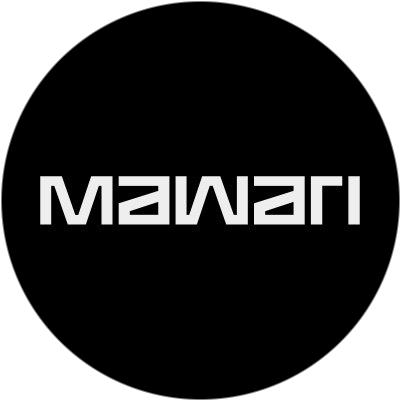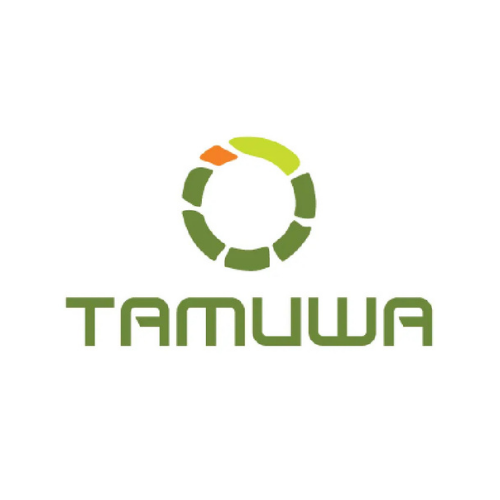
Seva.Love
Coming soon..
Project Information
Related Projects

Mawari is a technology company focused on building infrastructure for the 3D internet and spatial computing. It primary work is in developing a decentralized network to power the real-time streaming of immersive, AI-driven 3D experiences with near-zero latency.
The core of Mawari's offering is its Decentralized Content Delivery Network (CDN), a globally distributed network of GPU-powered nodes. This network, combined with Mawari's patented 3D streaming codec and a spatial rendering and streaming SDK, allows for the efficient cloud rendering and delivery of complex 3D content to a wide range of devices, including smartphones and XR glasses. This technology is designed to break the bottlenecks of traditional infrastructure, making high-quality, interactive AR and VR experiences scalable and accessible. The network is built on a Decentralized Physical Infrastructure Network (DePIN) model, which incentivizes individuals to contribute their unused compute resources.
As a participant in the Hedera ecosystem, Mawari is exploring how Hedera's fast, secure, and sustainable distributed ledger technology can be integrated into its decentralized infrastructure to enhance the security, transparency, and efficiency of its network, particularly as it expands its reach in the burgeoning spatial computing and 3D internet markets.

Magic is a Wallet-as-a-Service (WaaS) platform that provides developers with tools to streamline user onboarding for decentralized applications, including those built on the Hedera network. The platform's core offering is an SDK that enables seamless authentication and the instant creation of non-custodial wallets for end-users, bypassing many of the traditional complexities of Web3.
For the Hedera ecosystem, Magic allows dApp developers to offer familiar Web2 login methods, such as email or social accounts, instead of requiring users to manage seed phrases or install separate browser-extension wallets. When a user logs into a Magic-enabled Hedera dApp, a secure, Hedera-compatible wallet is automatically generated for them in the background. This wallet is fully capable of interacting with the Hedera network, allowing the user to sign transactions, manage HBAR and HTS tokens, and engage with smart contracts.
The underlying technology uses a delegated key management system, where private keys are encrypted and stored in secure hardware modules, ensuring users retain full control and ownership of their assets without the burden of direct key management.

Tamuwa, founded in 2015, is a Kenyan company at the forefront of the renewable energy sector in Africa. Its primary focus is on converting agricultural waste, specifically sugarcane bagasse, into a sustainable and affordable energy source. By producing high-density briquettes and pellets, Tamuwa provides a clean alternative to traditional fuels like firewood and charcoal, addressing issues of deforestation and promoting a circular economy.
The company's core service is the production and distribution of these biomass briquettes, which have a high calorific value and low moisture content, making them an efficient fuel source for industrial and domestic use. Tamuwa has also developed the CYNK platform, a digital end-to-end solution for the measurement, reporting, verification, and trading of high-quality voluntary emissions reductions (VERs). This platform is designed to bring trust and transparency to the carbon offset market, enabling local communities and projects to gain greater financial benefit from their environmental initiatives.
The CYNK platform is built on the Hedera network, leveraging its high-throughput, low-cost, and energy-efficient distributed ledger technology. This integration allows Tamuwa to digitize and tokenize verified emissions reductions, creating a secure and transparent marketplace for carbon credits.

Arkose Energy Corp. was founded in 2002 and is headquartered in Texas, It is focused on real world mining operations and utilises digital data mining solutions to fulfill its environmental commitments. One of its key focuses is on reducing flare gas and mitigating emissions by converting its oil and gas production into electricity to power its own data centers for cryptocurrency mining.
The company offers a range of services to the energy sector, including engineering, construction management, and fabrication of modular skids for various applications like test separators and gas scrubbers. It also defines itself as a data mining company, leveraging its energy production to power digital asset mining operations. This vertical integration is intended to create a more efficient and environmentally conscious approach to both energy production and cryptocurrency mining.
Arkose Energy utilises the Hedera network to bring transparency and verifiability to its operations. Data from its energy production and digital mining activities is processed through the Hedera Consensus Service. This creates an immutable and auditable log, allowing stakeholders to verify the company's emissions reduction efforts and the provenance of its energy usage for mining.
